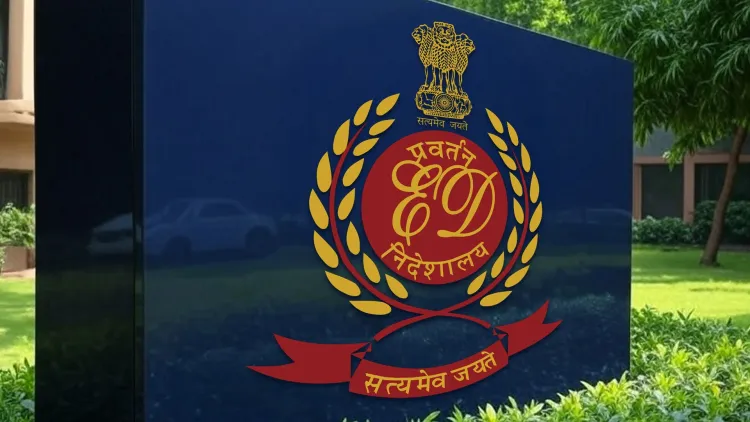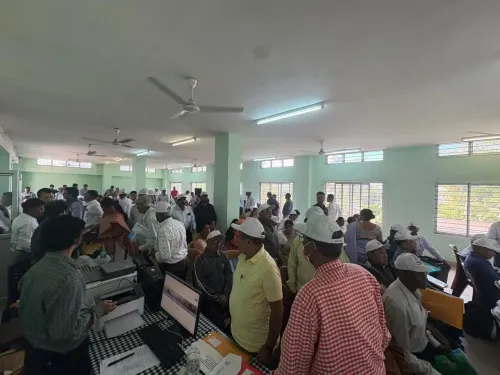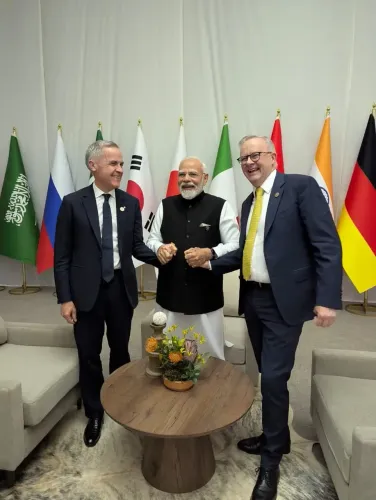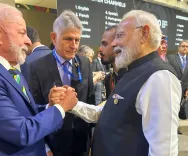Is a Rs 3,000 Crore Betting Fraud Unfolding in Cyprus?

Synopsis
Key Takeaways
- ED's crackdown on illegal betting is part of a larger investigation into cyber fraud.
- High-profile brand ambassadors involved raise questions about celebrity endorsements.
- Multi-city searches revealed the complexity of the fraud.
- Funds were manipulated through mule accounts across various states.
- Investors must remain vigilant against high-return scams.
Mumbai, Aug 14 (NationPress) In a coordinated operation across multiple cities targeting a Cyprus-based illegal online betting platform, the ED has successfully frozen Rs 110 crore held in mule bank accounts as part of a staggering Rs 3,000 crore fraud, an official confirmed on Thursday.
Among the platform's brand ambassadors were cricket icons Sunil Narine and Nicholas Pooran, alongside a Bollywood actress and a prominent Indian rap artist.
The ED's investigation was triggered by an FIR lodged by the Cyber Police Station in Mumbai against Parimatch.com, following allegations that it deceived investors by promising high returns, accumulating over Rs 3,000 crore in just one year.
The inquiry also revealed that payment companies, whose applications for Payment Aggregator licenses were declined by the RBI, provided services to Parimatch under the guise of technology service providers (TSPs), facilitating user fund collections via their API (Application Programming Interface), according to an ED statement.
During multi-city searches, the Directorate of Enforcement (ED), Mumbai Zonal Office, seized incriminating documents and digital devices from 17 locations across Mumbai, Delhi, Noida, Jaipur, Surat, Madurai, Kanpur, and Hyderabad, as part of the Prevention of Money Laundering Act (PMLA) of 2002.
The probe disclosed that Parimatch enhanced its visibility through aggressive marketing strategies, including sponsorship of sports events and collaborations with well-known celebrities.
The ED further noted that the platform established Indian entities to conduct surrogate advertising under the names “Parimatch Sports” and “Parimatch News”. Payments to these entities were processed via foreign inward remittances.
Searches indicated that Parimatch manipulated users' funds through mule accounts, employing various strategies nationwide.
In one instance, funds deposited by users into mule accounts were withdrawn in cash from a specific location in Tamil Nadu. This cash was handed over to hawala operators to recharge virtual wallets of a UK-based firm.
Subsequently, these wallets were utilized to purchase USDT cryptocurrency under the names of mule crypto accounts managed by Parimatch agents.









